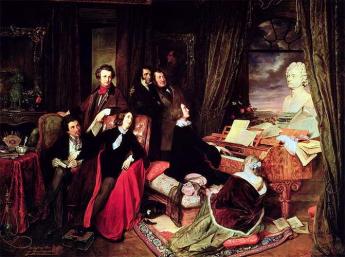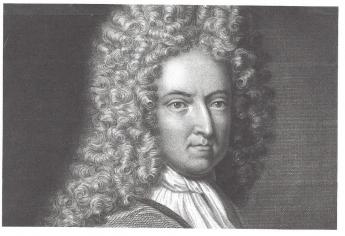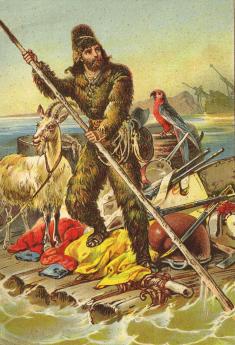Related Topics
Quakers: All Alike, All Different
Quaker doctrines emerge from the stories they tell about each other.
Academia (2)
continued.
Right Angle Club: 2015
The tenth year of this annal, the ninety-third for the club. Because its author spent much of the past year on health economics, a summary of this topic takes up a third of this volume. The 1980 book now sells on Amazon for three times its original price, so be warned.
Millennials: The New Romantics?

|
| Romantic Era |
It was taught to me as a compliant teenager that the Enlightenment period (Ben Franklin, Voltaire, etc.) was followed by the Romantic period of, say, Shelley and Byron. Somehow, the idea was also conveyed that Romantic was better. Curiously, it took a luxury cruise on the Mediterranean to make me question the whole thing.
It has become the custom for college alumni groups to organize vacation tours of various sorts, with a professor from Old Siwash as the entertainment. In time, two or three colleges got together to share expenses and fill up vacancies, and the joint entertainment was enhanced with the concept of "Our professor is a better lecturer than your professor", which is a light-hearted variation of gladiator duels, analogous to putting two lions in a den of Daniels. In the case I am describing, the Harvard professor was talking about the Romantic era as we sailed past the trysting grounds of Chopin and George Sand. Accompanied by unlimited free cocktails, the scene seemed very pleasant, indeed.

|
| Daniel Defoe |
In the seventy years since I last attended a lecture on such a serious subject, it appears the driving force behind Romanticism is no longer Rousseau, but Daniel Defoe. Robinson Crusoe on the desert island is the role model. Unfortunately for the argument, a quick look at Google assures me Defoe lived from 1660 to 1730, was a spy among other things, and wrote the book which was to help define the modern novel, for religious reasons. His personal history is not terribly attractive, involving debt and questionable business practices, and his prolific writings were sometimes on both sides of an issue. He is said to have died while hiding from creditors. Although his real-life model Alexander Selkirk only spent four years on the island, Defoe has Crusoe totally alone on the island for more than twenty years before the fateful day when he discovers Friday's footprint in the sand.

|
| Robinson Crusoe |
But the main point of history was that Defoe was born well before William Penn and died before George Washington was born. The romanticism he did much to promote was created at least as early as the beginning of the Enlightenment and certainly could not have been a retrospective reaction to it. Making allowance for the slow communication of that time, it seems much more plausible to say the Enlightenment and the Romantic Periods were simultaneous reactions to the same scientific upheavals of the time. Some people like Franklin embraced the discoveries of science, and other people were baffled to find their belief systems challenged by science. While some romantics like Campbell's Gertrude of Pennsylvania, who is depicted as lying on the ocean beaches of Pennsylvania watching the flamingos fly overhead, were merely ignorant, the majority seemed to react to the scientific revolution as too baffling to argue with. Their reasoning behind clinging to challenged premises was of the nature of claiming unsullied purity. Avoidance of the incomprehensible reasonings of science leads to the "noble savage" idea, where the untutored innocent, young and unlearned, is justified to contest the credentialed scientist as an equal.
Does that sound like a millennial to anyone else?
Originally published: Thursday, May 21, 2015; most-recently modified: Friday, May 24, 2019